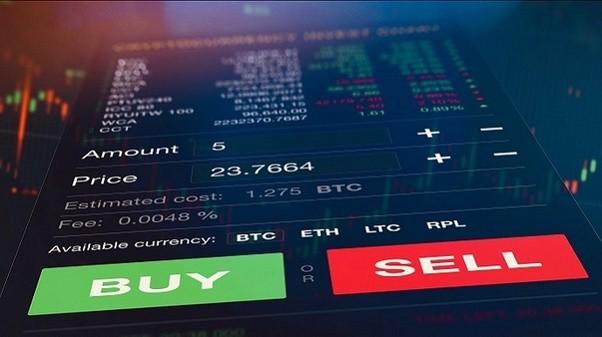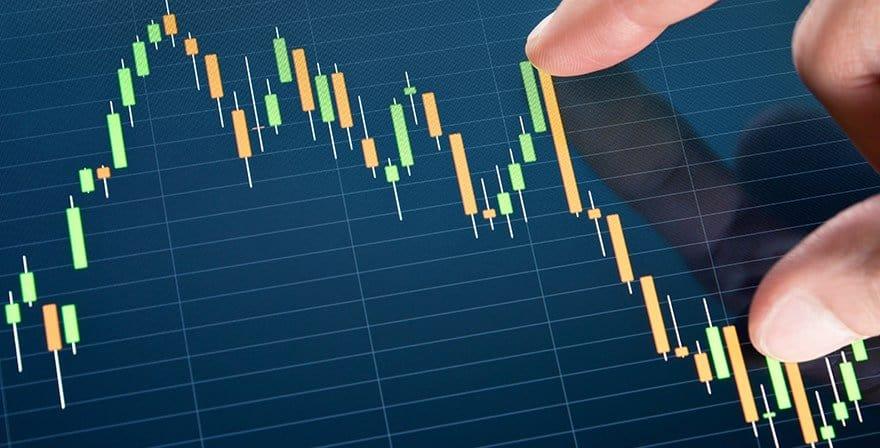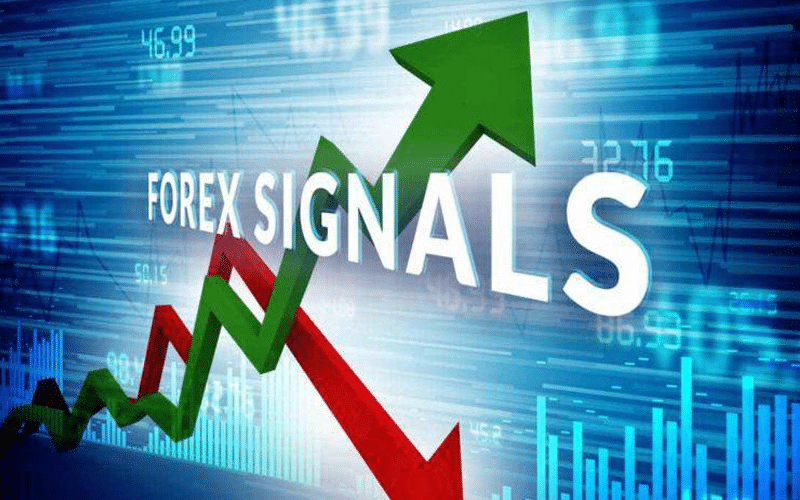The forex market is a prominent platform to make huge profits. However, if one isn’t prudent enough, one can easily lose it all. Experts do argue over the best method to keep losses at bay while accruing profits but one thing on which everyone agrees is that basic education about the market should be every trader’s priority, be one a veteran or an amateur.
In this guide, we take a look at one such concept, namely forex signals, which make up the fundamentals of forex trading.
What are forex signals and how do they work?
In simplest terms, for traders to be able to make critical trade decisions forex signals are crucial. These allow them to simplify their trade decisions and make profits in an informed way. No trader can do without these signals, at least those that want to avoid losses. As a tool, it allows one to improve one’s skills and implement efficient trading strategies.
No two signals are the same and they depend on a variety of market analyses. However, there are a couple of methods that stand out as the most important. The first involves analyzing the market technically, which includes the historical price information and trends. The other method requires the analysis of the prevalent price trends and the way that these can influence the price action both now and over a long time period.
There are also some signals that involve the automated analysis of the market trends through computers. This automation is inserted by expert traders, which converts the information into buy and sell signals. It is important to note that the signals aren’t completely accurate, though they do have quite a healthy accuracy level.

Which forex signals to use?
There are numerous forex signals out there and choosing a few from amongst them becomes an uphill struggle. However, if you manage to get the right one, trading can become much more enjoyable and profitable. One has to be quite discerning and particular while choosing and the following steps should assist you in your search.
- Well Defined: Signals that are well-formatted and structured will enable one to minimize loss through ‘stop-loss’ and gain by taking profits.
- Beware of unrealistic profit advertisement: Traders need to be careful of providers who advertise unrealistic profits, say +7 pips for every trade. Not only are these unrealistic but they may also be generated by robots, which are not reliable in the least.
- Trading real capital: Though this may be considered an obvious step, it is nevertheless important as you would want to opt for the signal that allows you to trade in real and not simulated capital.
- Read user reviews: This is the easiest way to confirm whether the signal provider you’re looking for is any good. Go through as many reviews as possible to find the one that has successfully been used by other traders.
- Monitoring trades: A forex signal worth a trader’s salt should have the basic capacity of updating the trade’s status and remain pertinent in the context of the real world market situation.
Why should you use forex trading signals?
There are numerous reasons why traders utilize forex signals. Let’s take a brief look at some of the most important ones.
Education
Through the use of trading signals, those who are just starting out on their trading journey get to observe and learn how other experienced traders enter and exit trades and the strategies that they employ. The learning that takes place is truly invaluable as one becomes a better trader through it, for the same strategies are also employed by expert and professional traders, even in later parts of their trading career.

Time constraints
Not many traders have the time to keep trading all through the day. Through forex signals, they get the ability to copy the trades of other, more active traders. Thus, one gets more exposure to the market without having to stay stopped in front of their computers all day.
Portfolio diversification
As mentioned before, there are numerous signals that one can opt from. Their disparate styles, coupled with different time frames, styles, and trading methods allow one to diversify one’s portfolio and become less prone to the risks inherent in the market. Furthermore, these are highly efficient in their work, which minimizes the risks that one inevitably encounters. Thus, using trade signals simplifies employing wise trade decisions.
Earn quick money
One is bound to develop one’s skills with the use of forex signals over time. In the long term, one can even sell one’s own forex signals to other traders and work towards a potential income source through it. Through capitalizing on one’s knowledge, one can earn quick money without much extra effort.
Consistent profits
All the aforementioned reasons don’t amount to much if one isn’t able to make consistent profits through the signals. When one gains more exposure and can initiate better trades with reduced risk, one ends up making consistent profits.
At the same time, it is important to understand that one shouldn’t get too greedy and throw the risk management strategies out the window. The main idea is to stick with the trading signals and follow in the footsteps of professional traders who are more competent than you.
Conclusion
There is a spate of benefits when one uses forex signals. It is due to these benefits that forex signals have become so popular and are considered the fundamentals of trading strategies employed by traders worldwide.
Be it to streamline the orders, learn from other experts, get better market exposure, or to earn consistent profits, there’s a lot that forex signals allow traders to accomplish. Though there are a variety of such signals in the market, one should only choose a signal based on good research and the reliability of the signal.
